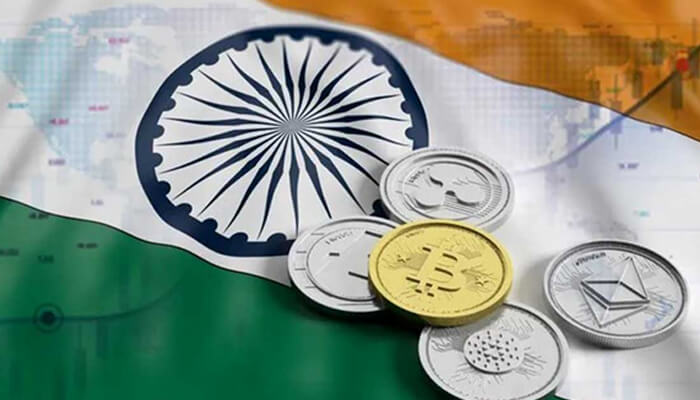Crypto gambling is on the rise
Indian players like using Bitcoin and its likes to gamble online. After all, cryptocurrency seems like a convenient payment method at online casinos. It offers incredible speed of transactions, unparalleled security, and utmost privacy. There is hardly any fiat payment method that can provide all the advantages of digital assets and crypto wallets.
According to recent studies India is among the top countries adopting cryptocurrencies, holding a 2nd place with 97 million people owning cryptocurrencies. It’s no doubt that crypto gambling is also rising in popularity.
While cryptocurrencies are not yet legal tender in India, they are not illegal either. That is why online gambling with crypto is not punishable by law. At present, many of the best online casinos in India support cryptocurrency payments. A great option for Indian players is a bitcoin casino called Trustdice.win – it is tailored for local players and accepts both Rupies and cryptocurrencies as a payment method.
It will also be interesting to observe whether the Digital Rupee discussed above will be available for online gambling purposes. If so, Indian crypto casino players will have yet another tool to enjoy effortless, swift, and secure payments. In any case, Indian crypto gambling faces many interesting future developments worth following.
What are Indians’ favourite casino games?
We must admit Indians have very diverse tastes when it comes to casino games. To begin with, they like to spin the reels both on slot machines and roulette. It is easy to find the similarities between these two games. Both are entirely fortune-based, offer fast-paced action, and are filled with adrenaline.
Indians are also huge fans of card games like poker and blackjack. In addition, they enjoy rummy and even have a local version of the game called Indian Rummy. Another popular local card game is Teen Patti. It is an adaptation of the British “3CardBrag.” It is played with three cards only and is much easier than its standard poker counterpart. Andar Bahar is an Indian card game that has conquered online casinos worldwide. It is also very simple to play, with gamblers betting either on the left side (Andar) or the right side (Bahar).
Are cryptocurrencies allowed in India?
India, the country with the second largest population in the world, still has a hesitant stance regarding cryptocurrencies. Early in 2022, the government made a revolutionary move by proposing the taxation of digital assets. Many believed that this action was the first step towards officially recognizing cryptocurrencies as legal tender. However, it immediately became evident that this was not the case.
In her speech, India’s Finance Minister Nirmala Sitharaman was quick to clarify that crypto is not and will not become legal tender in the country. Sitharaman, who introduced the digital asset tax proposal, was initially firm in denying a government-backed regulation on cryptocurrency trading. In her words, Bitcoin, Ethereum, and the rest of the altcoins would never become legal in India.
The introduction of the Digital Rupee
It would be issued by the Reserve Bank of India (RBI) in 2022-2023 and would be based on the blockchain and similar technologies. Sitharaman claimed one could use the Digital Rupee much like its fiat counterpart is handled via India’s popular e-Wallets.
RBI’s Digital Rupee would be India’s legal tender, Sitharaman said. She further explained that one would be able to use it to buy physical assets, too. As for the rest of the digital currencies, India’s Finance Minister underlined that their value is determined solely by the parties participating in the specific transaction and has no government backing whatsoever. In other words, if you trade Bitcoin and other crypto assets, the government will not be responsible for any losses you might experience.
In Conclusion
Despite India’s government refusing to recognize Bitcoin and similar currencies as legal tender, local citizens have embraced the benefits of these widely popular assets and use them extensively. Many Indians now enjoy playing casino games using cryptocurrencies and that is expected to increase in the coming years.



